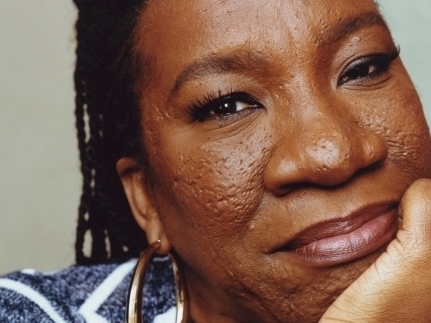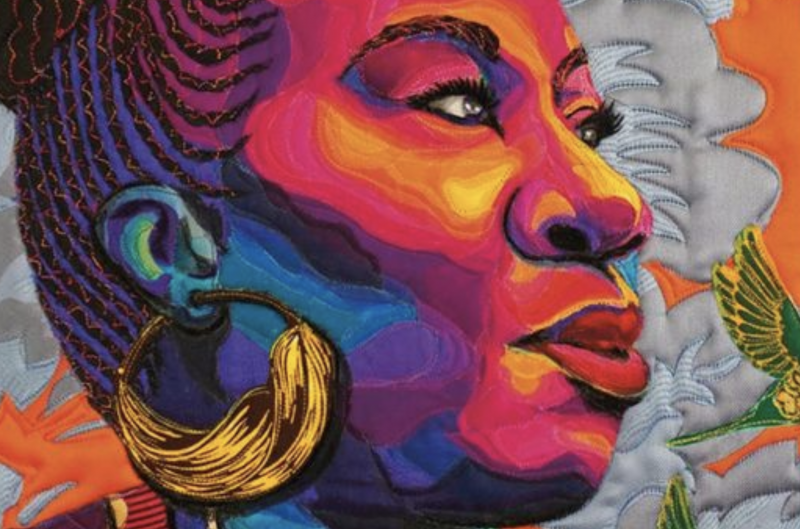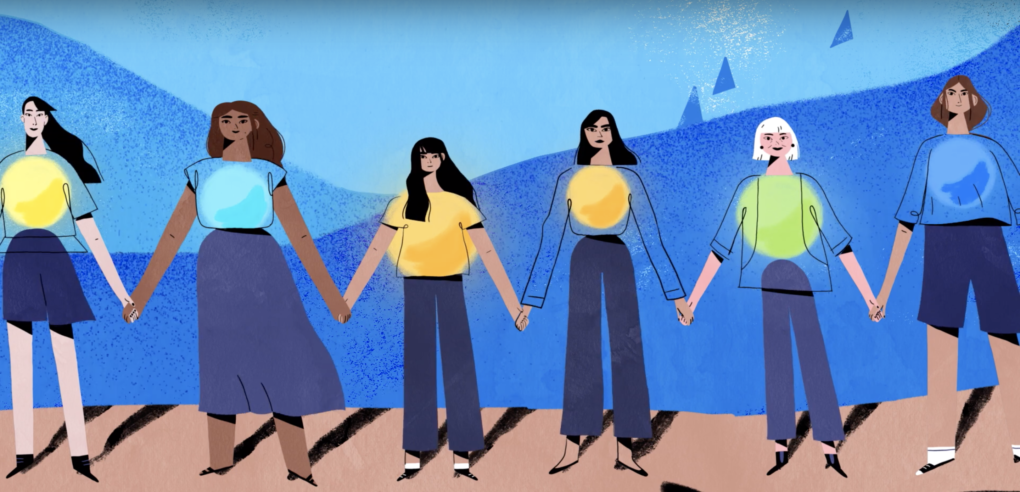It opened my mind up to the idea that, first of all, that this could happen to other people. I didn’t even think about other girls. When I read it, I thought, even then, it’s just me and Maya Angelou, because this is somebody else that this happened to, and it made me wonder why God would let something like this happen to a good girl. Because in the book, I’m perceiving her as different than me. She was a good girl. She listened to her grandma. She did what she was supposed to do. She did her work. She got her chores. Why did this happen to her? It was such a beautiful thing for me to have that connection. I felt just less alone to have a story in the world that I could even connect to.
On doing a lot of self work to realize that the reason why she was abused had nothing to do with her
I often wonder why this person picked me. It could be something that he saw in my personality. It could be any number of things, but it’s all the depravity in his mind, it had nothing to do with who I was as a child or anything that I did as a child. There’s been all kinds of research, and we’ve seen stories, even anecdotal stories of predators telling about how they pick the children that they decide to go after and why. Maybe it’s the quiet child, maybe it’s the loud child. … They all have their reasons, but none of those reasons are connected to me, none of them were connected to me being a particular type of girl this happened to, which is what I put in my mind: “I’m the type of girl this happens to.” I had to work, go through a whole bunch of steps, to take the blame from myself and put it where it rightfully belonged. Take the burden from myself and lay it at the feet of the people who actually should hold that. That took a lot of work.
On seeing trauma in communities of color and how Black and brown girls are labeled as “angry”
I think when you couple the messages that we receive from the world about who we are and how we show up and how we should be valued with this kind of abuse, that it creates this really disturbing mixture of emotions and bad thoughts … And so I think a lot of little Black and brown girls internalize it, and then we see it come out in anger and behavior and things like that. But nobody tends to ask us those questions about where that came from. So it’s just a label, “these little Black girls with these attitudes,” “these little angry Black girls.” … We don’t get the questions that say, “Well, where did this come from?” …
This is a child, and children aren’t born angry. They aren’t born with attitudes. Something has to happen. Something has to have affected them in order to bring that about. Obviously, it’s not only sexual trauma, but there is trauma. And knowing that there’s so much trauma in communities of color, you would think that the first place that people would go is: “What happened?”
On how she coped with her own shame and trauma by being an overachiever
I think generally we’ve gotten so many messages about what sexual violence looks like and how it shows up in young survivors, in particular, and so we look for the sad girls and the girls who might be cutting or harming themselves in some way, or the girls who retreat from society. And those are also markers. But the overachieving perfectionists, melt-down-at-getting-a-B girls are also going through something. And that’s who I was.
On learning how to be an organizer and an activist at a young age in the “21st Century” program in Alabama




9(MDAxOTAwOTE4MDEyMTkxMDAzNjczZDljZA004))

